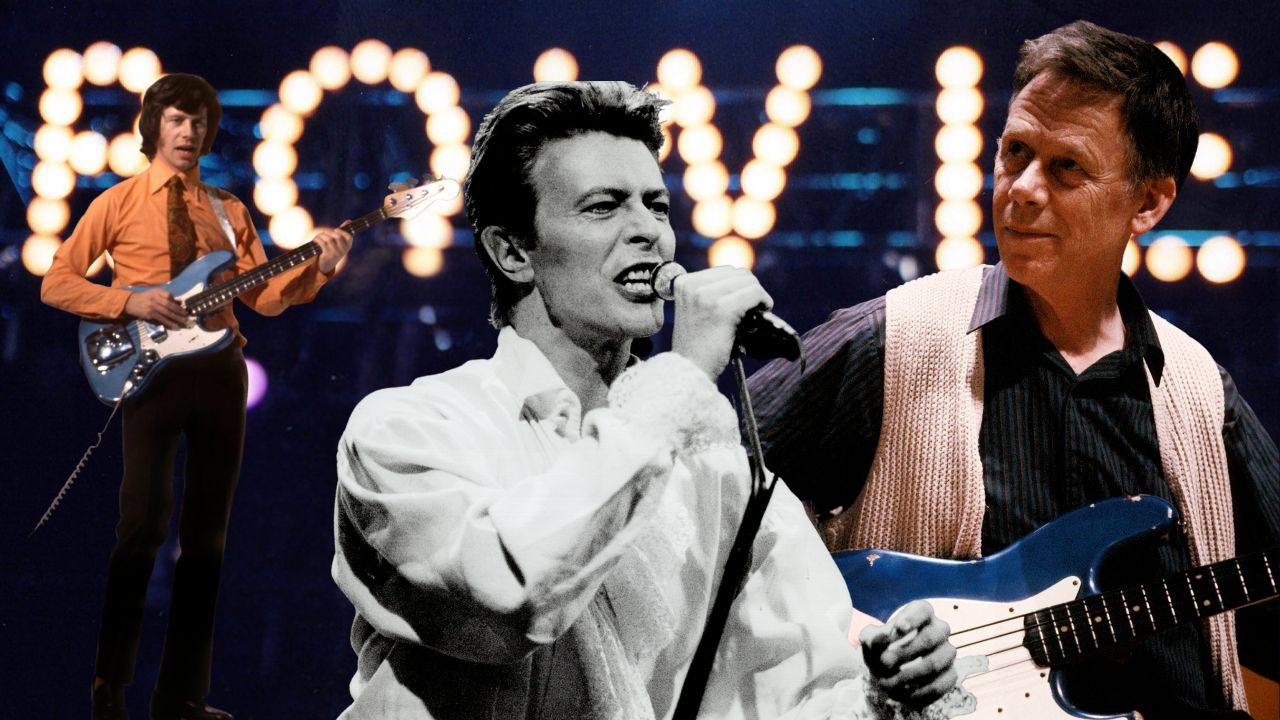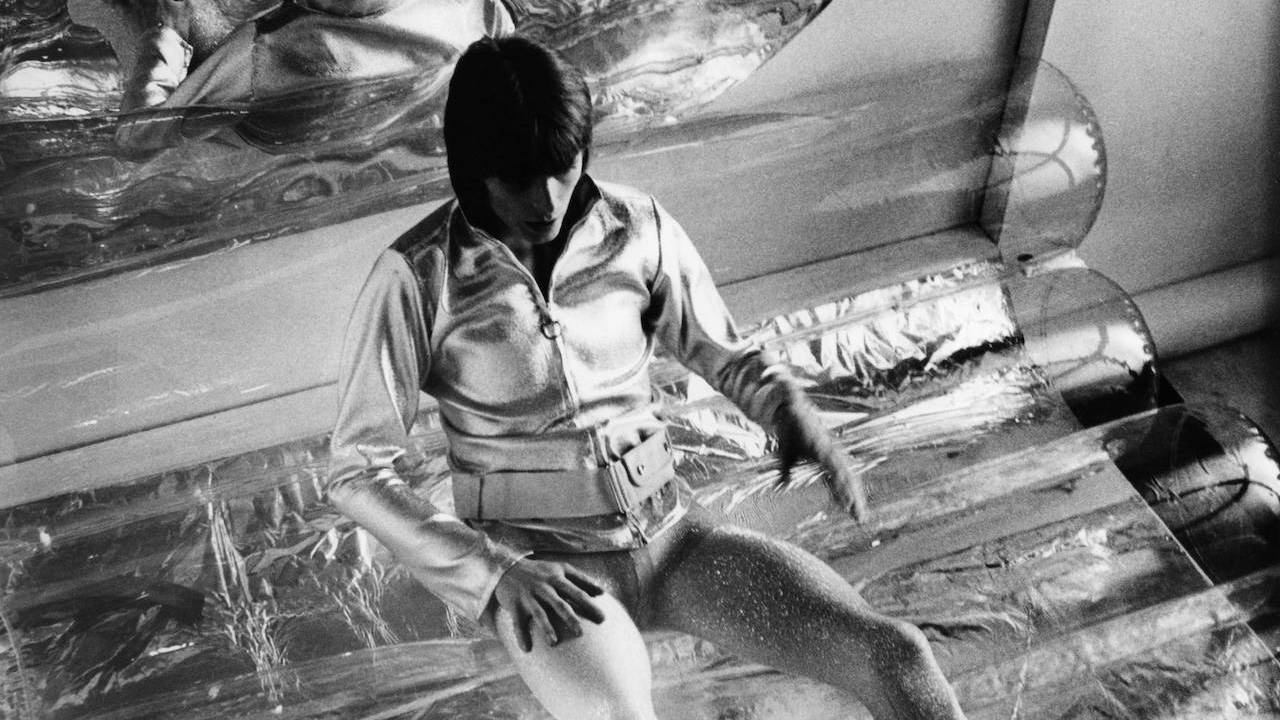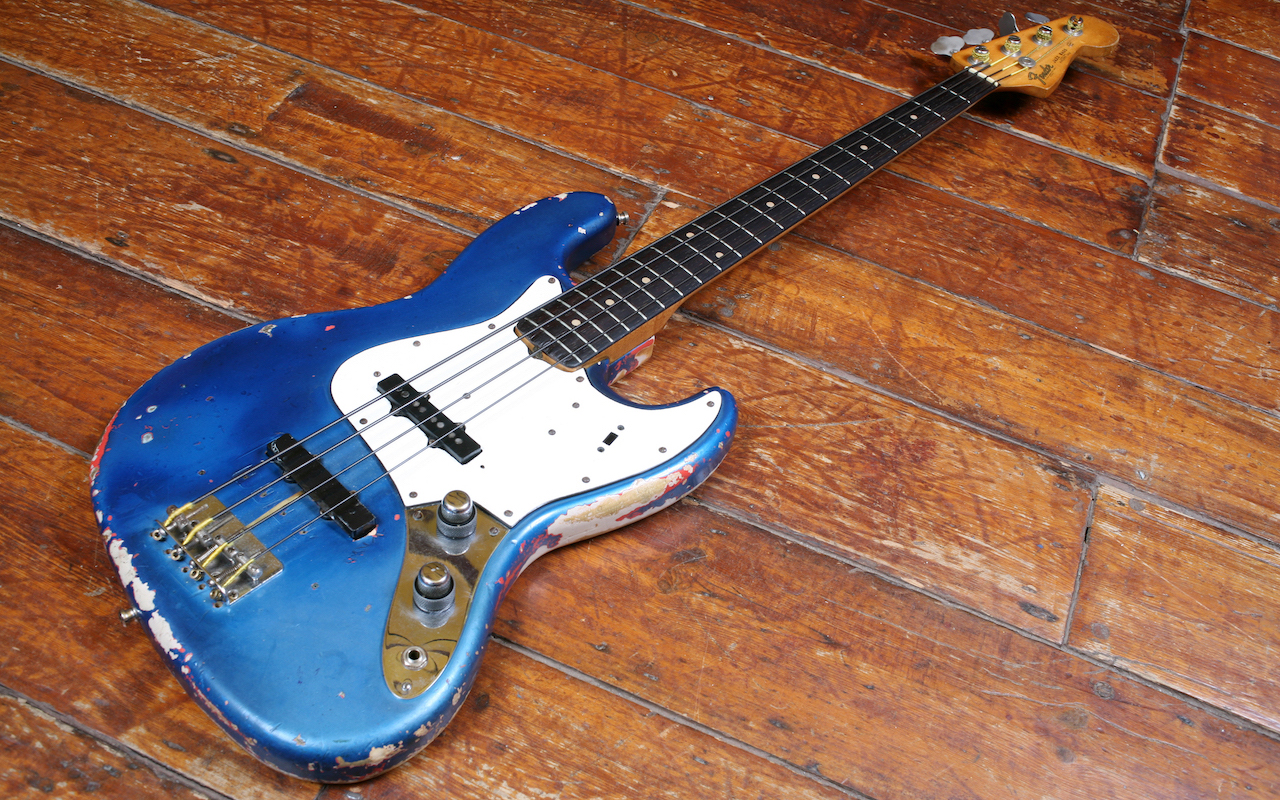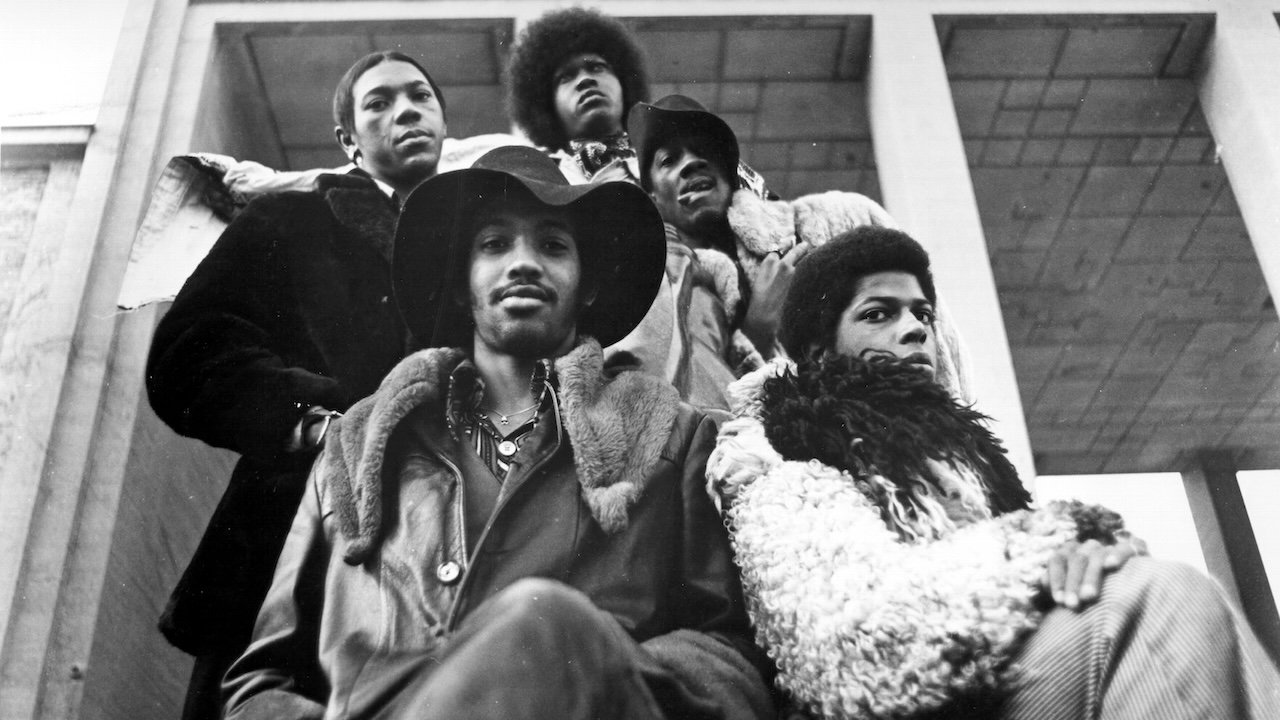“There was no intention to be clever. We didn’t know what we were doing!” Herbie Flowers’ bassline on David Bowie’s Space Oddity
Listen to Herbie Flowers give lift to David Bowie’s lyric about “floating in a tin can”

All the latest guitar news, interviews, lessons, reviews, deals and more, direct to your inbox!
You are now subscribed
Your newsletter sign-up was successful
“It needs to be a bit weird,” said producer Gus Dudgeon, vaguely explaining to his team of session players how to interpret David Bowie's Space Oddity at Trident Studios in 1969. Good thing bassist Herbie Flowers was on the case. His unusually complex and harmonically probing bassline helped propel an unlikely tune to the top of the English pop charts, foretelling a prolific recording career.
Flowers’ thick, retro bass sound and jazzy-style soon became a sought-after studio voice, leading to bass-prominent hits like Lou Reed's Walk On The Wild Side and Harry Nilsson's Jump In The Fire, as well as countless Bowie tracks.
Even though Flowers used a pick for Space Oddity, the tone he achieved was mellow, with very little high-end attack. “I was a tuba and double bass player, and I wanted the strings to feel like a double bass,” Flowers told BP. “But there was no intention to be clever. We really didn't know what we were doing!”
Proudly insisting that the session group's playing was “more jazz influenced, not American influenced, with a lot more freedom,” Flowers added that “unusual styles of playing made hit records.”
The song itself has simple enough changes inside the C major/E minor relative tonality. It's what Flowers does inside them that's so special, giving a traditional chord progression a swift kick with hidden root notes, high ascending melodies and flat-out weirdness that complement the song's eerie subject material (about an astronaut becoming marooned in space for eternity).
After sparsely setting the scene, with root notes in the first verse, Flowers launches into the first chorus with a slightly swinging feel, laying back while using slides and well-placed staccato notes to emphasise the slow, heavy groove. Post chorus, the backbeat lightens up, and Flowers goes way up high, giving extra lift to Bowie's lyric about “floating in a tin can” before descending back to the low E.
By the time you get to the jazzy interlude, you begin to realise the incredible breadth and creativity of this bassline. In his second go round at the chorus, Flowers gets even more adventurous, before he straightens out on bars 60 and 61 (“there’s something wrong…”) for the set up of the song's emotional climax.
All the latest guitar news, interviews, lessons, reviews, deals and more, direct to your inbox!
The following three bars gradually intensify using alternate root notes and Jamerson like syncopation, before exploding in a completely unexpected lick in bar 64. The bassline stabilises for just long enough to launch one of the weirdest and most unsettling fades in pop music history, with the whole band (including a young Rick Wakeman on keyboards) tinkling over a nebulous E chord as Major Tom drifts off into endless space.
In the final bars before the fade, Flowers pushes the register envelope of his 1960 Fender Jazz Bass about as far as anyone could. Hanging out in the stratosphere of 13th and 14th position, he throws down a fearsome flurry of fills and odd rhythms, all with a dark, muted feel that evokes the discordant image of Paul McCartney playing an atonal upright bass solo. It's pretty much centred on E Mixolydian, but Flowers throws in plenty of ‘out’ notes for good measure.

“Keep going, keep going”, Flowers recalled producer Dudgeon saying, partly because they needed the time for DJs to announce over the ending, a standard practice in the days of classic rock radio.
Flowers did it all with the only electric bass guitar he’s ever owned: a 1960 Fender Jazz Bass with all original components – the same frets, the same pickups – everything. His studio rig was a 20-watt all-tube Wallace amplifier with a mic'd 18-inch speaker.


